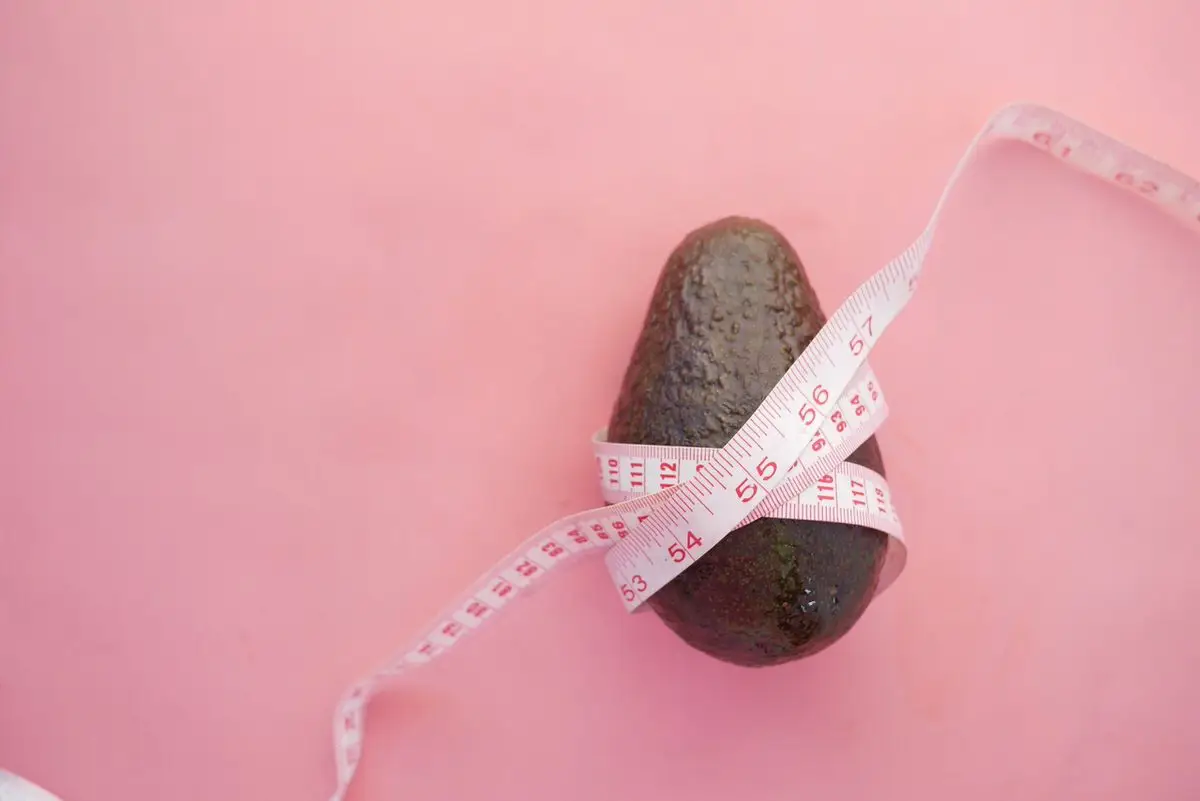Yes, it is possible.
If you think about it, trying to lose weight (by reducing calorie intake) while commencing a low FODMAP diet trial makes perfect sense. You will be limiting your range of foods to a certain extent due to the limited range of foods in each food group that are low in FODMAPs. Here are the top tips I have learned from working with IBS sufferers who have successfully reduced weight.
1. Focus on FODMAPs first
Many high FODMAP foods are also packed with energy (calories or kilojoules) so cutting these out for the purposes of reducing IBS symptoms is a great starting point. The rapid reduction in symptoms provides a great incentive to continue with dietary change.
2. Food group selections
Within each food group there are low and high FODMAP foods, and low and high calorie foods. Here are my suggestions for those trying to reduce calories as well as FODMAPs.
Vegetables: Unlimited low FODMAP varieties (potato – one medium per day)
Fruit: Best choices are strawberries, rockmelon, kiwifruit, blueberries, grapes. Limit to two serves (about 1 cup each) per day, and avoid eating it all in one sitting. Avoid juice and dried fruit.
Dairy: 2 – 3 cups lactose free light milk and yoghurt daily, up to 100 grams of cheese per week
Meat: 200 – 250 grams of lean meat/chicken/fish/egg daily spread across meals
Grains: Small serve of low FODMAP whole grains (1 slice bread, 2 crackers or ½ cup cooked whole grains) at each meal (or swap for potato).
3. Home made meals
There are many sneaky FODMAPs in processed foods, so keeping to real foods and cooking yourself in the first stages of a low FODMAP diet trial makes sense and helps to substantially reduce calories – you know what is going into your foods and how to balance the ingredients.
4. Portion control
Managing IBS is also about food volume. Large quantities of foods can cause symptoms (even if low in FODMAPs) because the gut is hypersensitive to stimulation, so when it is fuller than normal a pain response can be triggered. This is amplified if you eat out and there are sneaky FODMAPs in your menu choices.
5. As symptoms reduce, increase activity
Pain and fear of “having an accident” can severely restrict the physical activity of IBS sufferers. As you gain confidence in your bowel habits and notice a reduction in pain, it will be possible to increase both your daily physical activities and structured exercise.
I would love to hear how you go with the suggestions made in this post, or any other suggestion you may have from your own experience that you would like to share with others. You can contact me here to share your thoughts.

